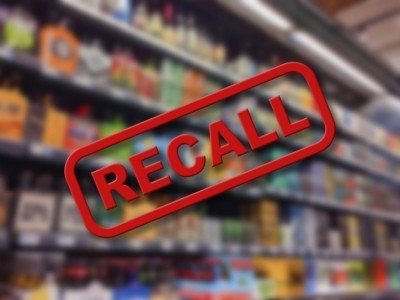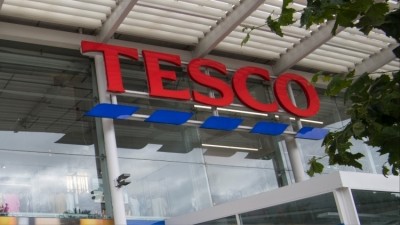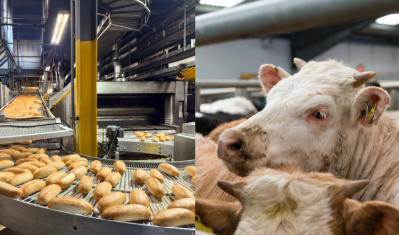News
Food crime opportunities created by supply chain uncertainty: FSA report

It found that while the majority of food is safe and authentic, factors such as food chain disruption caused by geopolitical events have contributed to the changing threat of crime.
The fact that the UK’s food supply has been disrupted has provided new opportunities for criminal activity, but more is now known about the individuals involved in committing crimes.
Shared with local authorities, government partners and the wider industry, the report aims to inform a collective approach to protecting businesses and consumers from the threat of food fraud.
Food crime is estimated to cost the UK economy up to £2bn a year and includes seven types of activity: document fraud, theft, waste diversion, unlawful processing, substitution, misrepresentation and adulteration.
‘Food firms first line of defence against fraud’
Commenting on the findings, head of the FSA’s National Food Crime Unit Andrew Quinn said that any level of fraud is “unacceptable” and described food business as “the first line of defence” in ensuring that products are safe and authentic.
“Although it’s our view that food fraud is low, the risks are changing, and that is why we’ve worked with FSS to develop and publish the Food Crime Strategic Assessment today,” Quinn continued.
“The Food Crime Strategic Assessment encourages food businesses to know their supply chain and manage fraud risks within them. We’re sharing what they need to look out for and we’re encouraging businesses to take up our free support.
“The more we know about food crime, the better we can tackle it together with both the industry itself and our local authority partners to protect legitimate businesses and consumers.”
Meanwhile, Ron McNaughton, head of the Scottish Food Crime and Incidents Unit at FSS, added: "In the four years since our last strategic assessment, the UK food supply has faced significant disruption, creating new opportunities for criminal activity. This latest report outlines key food crime threats and highlights emerging risks within food systems due to external factors.
“Addressing food crime demands ongoing collaboration across regulatory bodies, law enforcement, and industry, with shared intelligence, data, and experience remaining vital to both this assessment and tackling food crime effectively."
The full report can be downloaded on the FSA website.
In other news, the Competition and Markets Authority has launched an inquiry into the proposed acquisition of two ForFarmers owned feed mills by Boparan Private Office.

















